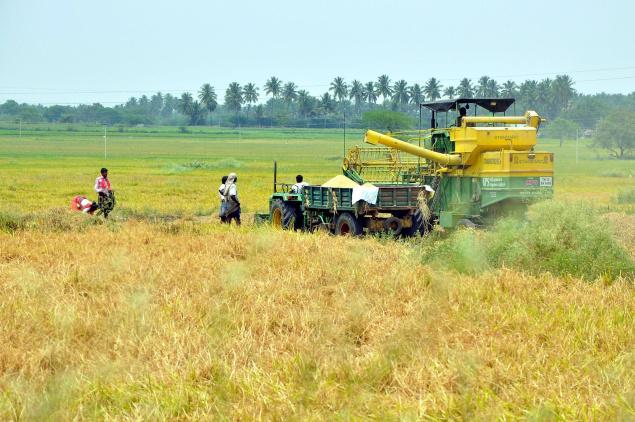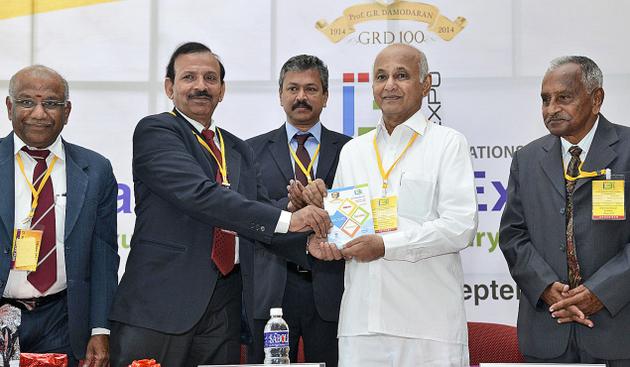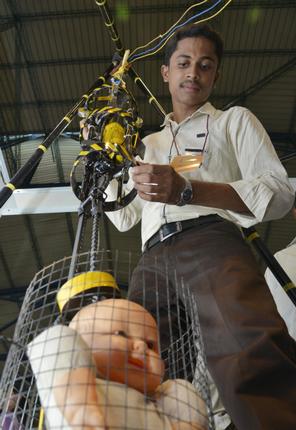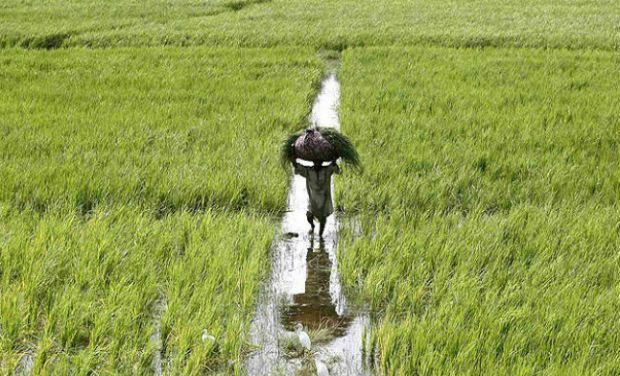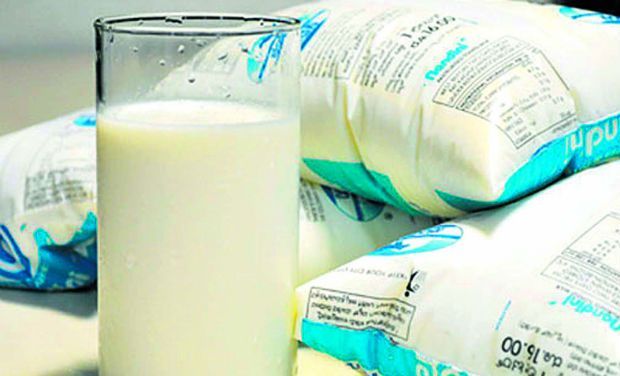Coimbatore :
A mushroom grower hailing from Villupuram district has bagged the Progressive Mushroom Grower award for this year for his outstanding contribution to the mushroom industry in Tamil Nadu.
A R Mohamed Khan from Kallakurichi in Villupuram district was earlier trained at Mushroom Research and Training Centre in Tamil Nadu Agricultural University (TNAU) in 2010.![]()
The average mushroom production at his farm is 100 kg per day and he has also established a mushroom spawn laboratory with the production capacity of 300kg per day, said a statement from TNAU.
Apart from this, he is the only manufacturer of mushroom rusks in Tamil Nadu having the production capacity of 500 kg rusk a day.
Mohamed has also engaged around 10 dealers to supply mushroom rusks in Tamil Nadu and Kerala. His other products include mushroom pickles and mushroom pakodas and he has also developed the technology for producing mushroom noodles and mushroom bathing soap.
Considering such outstanding achievements in the mushroom industry, the award was presented to him by Directorate of Mushroom Research, Indian Council of Agricultural Research (ICAR).
Dr Vijay Singh Thakar, Vice-Chancellor of Dr.Y.S.Parmar University of Horticulture & Forestry at Solan in Himachal Pradesh presented the award during the National Mushroom Mela held recently at Solan. TNAU officials said that his keen interest in providing support to small and marginal mushroom growers and efforts taken to popularise mushroom consumption needs special mention.
Mohamed Khan also gives free consultations to budding entrepreneurs and is a pioneer in introducing value addition of mushroom.
source: http://www.articles.timesofindia.indiatimes.com / The Times of India / Home> City> Coimbatore> Agri Research / TNN / September 30th, 2013
